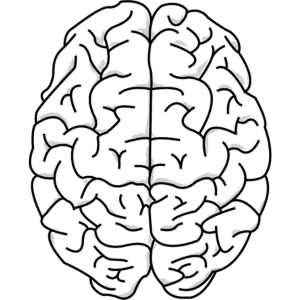
Explore what drives human behaviour-join the course today and claim your limited-time 20% discount by quoting BRAIN20 at checkout! 👉
Articles Growth Mindset Around Behaviour

At the core of creating a positive behaviour culture in our settings lies the belief that change and transformation are possible. Encouraging a growth mindset empowers children, young people, and adults to embrace challenge, accept setbacks, and recognise that through effort and practice, they can change their thoughts, feelings, and behaviour.
The term ‘growth mindset’ was coined by the American psychologist, Dr Carol Dweck. She suggested that there are two types of mindset: fixed and growth. Those with a fixed mindset believe that intelligence and ability are inherent and static; in other words, they cannot be changed. Sometimes, people with a fixed mindset might avoid challenges, and fear making mistakes or failing at something.
Conversely, a growth mindset is based on the belief that intelligence and ability can be developed and changed with effort, practice, learning and new experiences; in other words, just because you can’t do it now doesn’t mean that you’ll never be able to do it. Those with a growth mindset might be more likely to embrace challenges, bounce back from mistakes, and enjoy learning something new.
This concept of creating new experiences to positively impact thoughts, feelings, and behaviour aligns with the Cycle of Influence model, which demonstrates how these different elements interlink and influence each other.
For some children, young people, and adults, a fixed mindset means that they cannot see beyond behaving in a certain way. They might feel their behaviour is dictated by a predetermined, habitual reaction, and may struggle to understand how to change their response.
When they do something ‘wrong’, it can feel like there is no possibility of turning that behaviour around. This type of mindset can become a self-fulfilling prophecy that can cause the child, young person, or adult to spiral into crisis.
Working in schools and health and social care settings, it’s important that we teach those in our care that it’s ok to make mistakes and that no one incident or behaviour defines them. To do this, we need to help individuals understand what is driving their behaviour, provide new experiences for them, and equip them with the tools they need to regulate their emotions and choose a different response.
Post Rating
You must be logged in to vote.
To view this content, you must have active Team Teach certification. Please register or log in and check your certificate number is added to your profile.
The Team Teach Knowledge Hub is a global community containing content from around the world. Please exercise your professional judgment to determine the appropriateness of any of our resources for your specific sector and geographic region, and be aware of the applicable laws and guidelines governing your organisation.